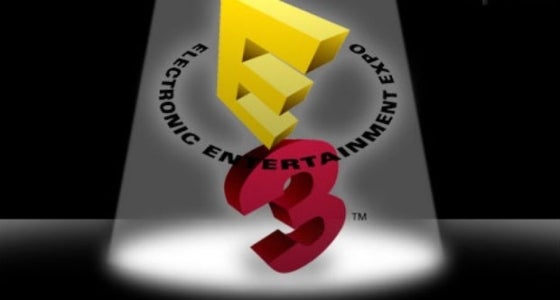Does E3 undermine the maturing games industry?
Dominated by uncomfortable images of half-naked women and violent "sure fire hit" games, is E3 really representative of an increasingly mature industry?

Your support helps us to tell the story
From reproductive rights to climate change to Big Tech, The Independent is on the ground when the story is developing. Whether it's investigating the financials of Elon Musk's pro-Trump PAC or producing our latest documentary, 'The A Word', which shines a light on the American women fighting for reproductive rights, we know how important it is to parse out the facts from the messaging.
At such a critical moment in US history, we need reporters on the ground. Your donation allows us to keep sending journalists to speak to both sides of the story.
The Independent is trusted by Americans across the entire political spectrum. And unlike many other quality news outlets, we choose not to lock Americans out of our reporting and analysis with paywalls. We believe quality journalism should be available to everyone, paid for by those who can afford it.
Your support makes all the difference.The days of videogaming being a niche hobby, a bedroom pastime for teenage boys and bearded men, are long gone. Games are a multibillion dollar industry now, and the biggest titles are far more than just products on a shelf – they’re brands, entertainment properties that are marketed as heavily as the latest Hollywood blockbuster.
No longer the embarrassing younger cousin of the other visual media, games are an art form in their own right (even if those in the "know" are still loathe to admit it), telling challenging stories and creating new interactive paradigms. And yet the biggest show on the videogame calendar remains an anachronistic throwback, dominated by uncomfortable images of half-naked women, and a headline roster of games that shows little of the diversity and intelligence that games can do so well.
E3 is supposed to be the big showcase for the videogame industry – essentially its equivalent of the suave and celebrity-draped Cannes movie festival – where the best games of the coming months are given their premieres, where console manufacturers and game developers square off against each other, battling for our attention with big reveals and exciting new intellectual properties.
In reality, from the outside at least, E3 is starting to look like something else entirely – an immovable throwback to a time when gaming needed to scream at the top of its voice for anyone to take any notice.
Look at Microsoft’s press conference for example. This was a presentation dominated by things other than games, by exercise programs, televisual entertainment and deals with various sports companies to create content for the console. The games on show were the safe choices, the big franchises that everyone already knows, loves, and shells out forty quid for once a year.
It’s not a surprise. The term "games console" is pretty much a redundant one now, with devices like the Xbox 360 and PS3 becoming entertainment hubs, focusing on delivering a variety of content directly into your living room. This is how business works, focus then expansion, but it leaves gamers with an event that, for the most part, isn’t really for us anymore, and gives the mainstream media an impression of gaming’s culture that’s wide of the mark.
To use a pretty awful term, "hardcore gamers", as some people seem to think, aren’t in danger of being left behind – in spite of the shift in focus, there were still plenty of titles to get excited about – but E3 is in danger of presenting the world with an image of gaming that does it no good whatsoever.
It’s not difficult to dig up an exciting, innovative, fresh looking game with mature themes that’s in development, it’s not difficult to find erudite developers who are willing to talk about the games that they’re creating, and it’s not difficult to staff a booth with fully clothed people who have a passion and an understanding for the product they’re going to be promoting.
E3 is stuck in a rut, locked in the past whilst the glorious future of interactive entertainment is already happening around it. We should be disappointed with the show’s output, the values it promotes and the image of gaming it gives to the rest of the world, not just because it shows an industry that’s out of touch with its consumers, but because the message it sends is so obviously wrong.
The days of the shy, stuttering videogame industry are consigned to history, but what E3 presents isn’t the confident, mature industry that’s slowly replacing it, but a brash, ignorant, in your face teen with attitude. Why can't the industry demand better?
Join our commenting forum
Join thought-provoking conversations, follow other Independent readers and see their replies
0Comments